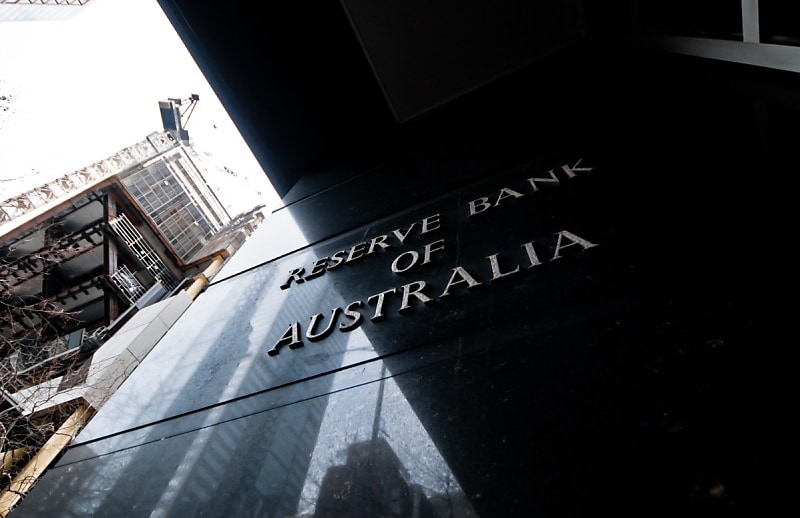The RBA has held rates at 4.35 per cent today due to the economy’s continued slowdown but says it cannot rule out another increase to achieve its inflation target by next year.
It said better-than-expected goods price inflation and “encouraging signs” in the economic outlook contributed to the decision to extend its pause on rate hikes.
Goods price inflation was lower than its November forecasts, reflecting the resolution of earlier global supply chain disruptions and a moderation in domestic demand for goods.
Services price inflation was elevated but also continued declining at a “gradual pace”, in line with its earlier forecasts.
cInterest rates, sitting at a 12-year high since November, were also working to establish a “more sustainable balance” between aggregate demand and supply in the economy, the RBA said.
“Conditions in the labour market continue to ease gradually, although they remain tighter than is consistent with sustained full employment and inflation at target. Wages growth has picked up but is not expected to increase much further and remains consistent with the inflation target, on the assumption that productivity growth increases to around its long-run average,” it said.
“Inflation is still weighing on people’s real incomes and household consumption growth is weak, as is dwelling investment.”
Despite improving conditions, the bank indicated rate cuts would be unlikely and said “a further increase in interest rates cannot be ruled out”.
“While recent data indicate that inflation is easing, it remains high. The board expects that it will be some time yet before inflation is sustainably in the target range. The path of interest rates that will best ensure that inflation returns to target in a reasonable timeframe will depend upon the data and the evolving assessment of risks,” it said.
“The board remains resolute in its determination to return inflation to target and will do what is necessary to achieve that outcome.”
Inflation risks included stubborn services price inflation. “While there have been favourable signs on goods price inflation abroad, services price inflation has remained persistent and the same could occur in Australia,” it said.
There was also a high level of uncertainty around the outlook for the Chinese economy and the implications of the conflicts in Ukraine and the Middle East.
The RBA’s domestic outlook also noted uncertainty caused by the lags of monetary policy. This meant it was unclear how firms’ pricing decisions and wages would respond to slowing economic growth coupled with excess demand and a tight labour market. The outlook for household consumption also remained uncertain, it said.
 Login
Login








You are not authorised to post comments.
Comments will undergo moderation before they get published.